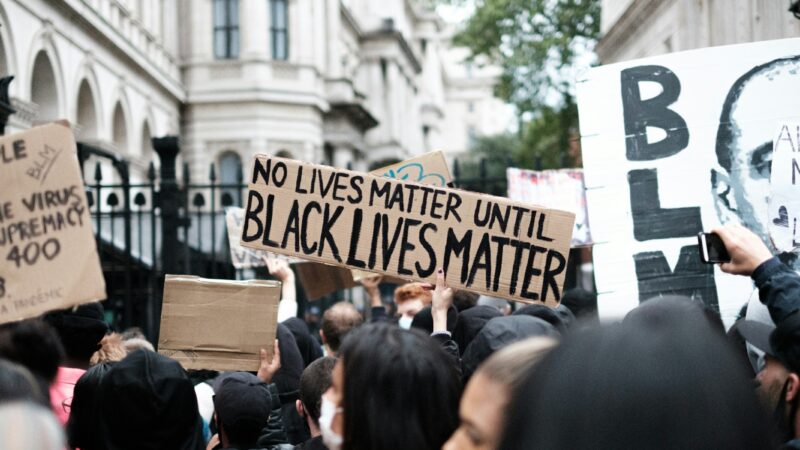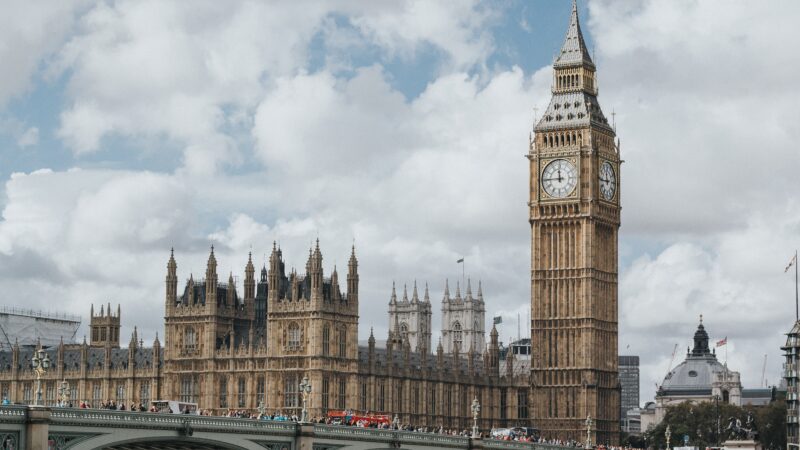‘It’s a no to NOS.
We will ban nitrous oxide, also called laughing gas, putting an end to the littering of empty canisters and intimidation in local parks.’
This tweet by Downing Street earlier this year tells you everything you need to know about its policies. In an attempt to curb antisocial behaviour and littering, the government wants to ban nitrous oxide, more commonly known as laughing gas.
Seriously.
Ok, is it the worst policy in the world? No. It’s probably one that most people would agree with. The problem is that the government has said that banning it would end the issues described. It’s a plaster on a stab wound.
That’s what the government likes to do. It likes to offer pretty promises that won’t do anything to curb real issues.
Anti-Social Behaviour
Anti-social behaviour is evident in our communities. The elderly may grumble about how ‘kids in my day had more respect’ and to give them credit, they’ve got a point.
Society has a lot to say as to why this is. One reason given is the destruction of the nuclear family, especially fatherlessness. Studies have shown that children who grow up in single-parent families, particularly those without a father present, are more at risk of becoming criminals. Others point to a lack of discipline in the home and school. Scottish teaching unions warn that teachers are at risk of dismissal and unfair treatment when disciplining children.
Banning nitrous oxide will not solve the problem of anti-social behaviour. They will still drink and smoke weed and cause chaos. They will continue because they know that they can get away with it. The government and other authority groups are yet to actually come up with a solution to these problems. If they continue to allow criminals to get away with things, then they will.
Labour often blame the Conservatives for this. The usual line is that the Tories have slashed funding for youth and community centres, which encourages crime and anti-social behaviour. This is an argument many refute. Many live in areas with parks and swimming pools and leisure centres. These are free and accessible activities. Bored kids don’t go out and rob. These are kids with no discipline or regard for other people. It’s easy to find something to do these days. Instead, lack of discipline and glamourising such a lifestyle fuels this epidemic.
Obesity
The Welsh government has unveiled plans to restrict 2-for-1 deals, multibuys and other deals on ‘unhealthy’ foods. They have argued that it will help decrease obesity and diabetes.
The English government did a similar thing in 2022, banning sweets and junk foods from being displayed near tills.
The logic behind them is as follows: it will stop people impulsively buying junk food and will prevent kids from begging their parents for treats at the till. Suddenly, obesity and diabetes will drop.
Sure.
Obesity is more than just junk food. Firstly, perhaps the government should acknowledge that a lot of parents and people in general have a thing called self-control. They can easily avoid sweets or just tell their children ‘no.’ Sure, some may fall into it, but many can resist temptation.
Secondly, people will also still go down the sweet aisle. They will still get treats, even if they’re a little further down.
Thirdly, the government can bog off controlling lives.
In a cost of living crisis, one would think making things more expensive is just a bad idea. If the government was to actually tackle costs, then maybe healthier food would be easier to buy and make. They cannot get rid of convenience, but it would be nice if prices were better. With more and more people feeling the squeeze, the idea of affordable good food is a tempting one indeed.
One must also factor in things like exercise. Eating alone does not solve health problems. Once again, our elders will complain that kids don’t go outside because they’re glued to a screen. I don’t like to give it to them, but again, how often do you see a toddler being pacified by a tablet?
Both indoor and outdoor sports are easily available. It does not even have to be organised- anyone can have a kickabout in the park. Perhaps we could encourage more PE and sports at school. It’s not just kids either- we should all move about a little more.
Heat
Once again, the government wants to ban something. This time, it’s oil boilers that are on the chopping block. The plans would see those not connected to the gas grid be forced to find a new source of heat.
Having new boilers and heat sources installed is not cheap- it can cost up to tens of thousands to replace. That is money not many people have. Add that to high heat and energy bills, mix in the cost of living crisis, and you have a terrible policy.
The plan is a clear attempt to win over environmentalists. Politically, it’s extremely stupid. Most hardcore environmentalists won’t vote Tory anyway. Secondly, rural areas are usually Conservative. Annoying your voters is not a great idea, especially when you’re lagging in the polls.
It’s a policy that is not only politically useless, but it’s actively hurting people’s finances. Once again, the government claims to know best. It’s a pretty soundbite policy, but not a solution.
Once the government decides to find actual solutions- or even just stick their noses out- things could actually improve a bit. Instead, they just focus on nice graphics and soundbites sent out by their press officers. It’s idealism and stupidity in equal measure.
Political spin seems to be the in thing. They tell us what they think we’d like to hear as opposed to using their limitless powers to help. If they are going to get involved in our lives, then let it be for the better.
Soundbites don’t work and the second the government realises that, then progress can be made.



